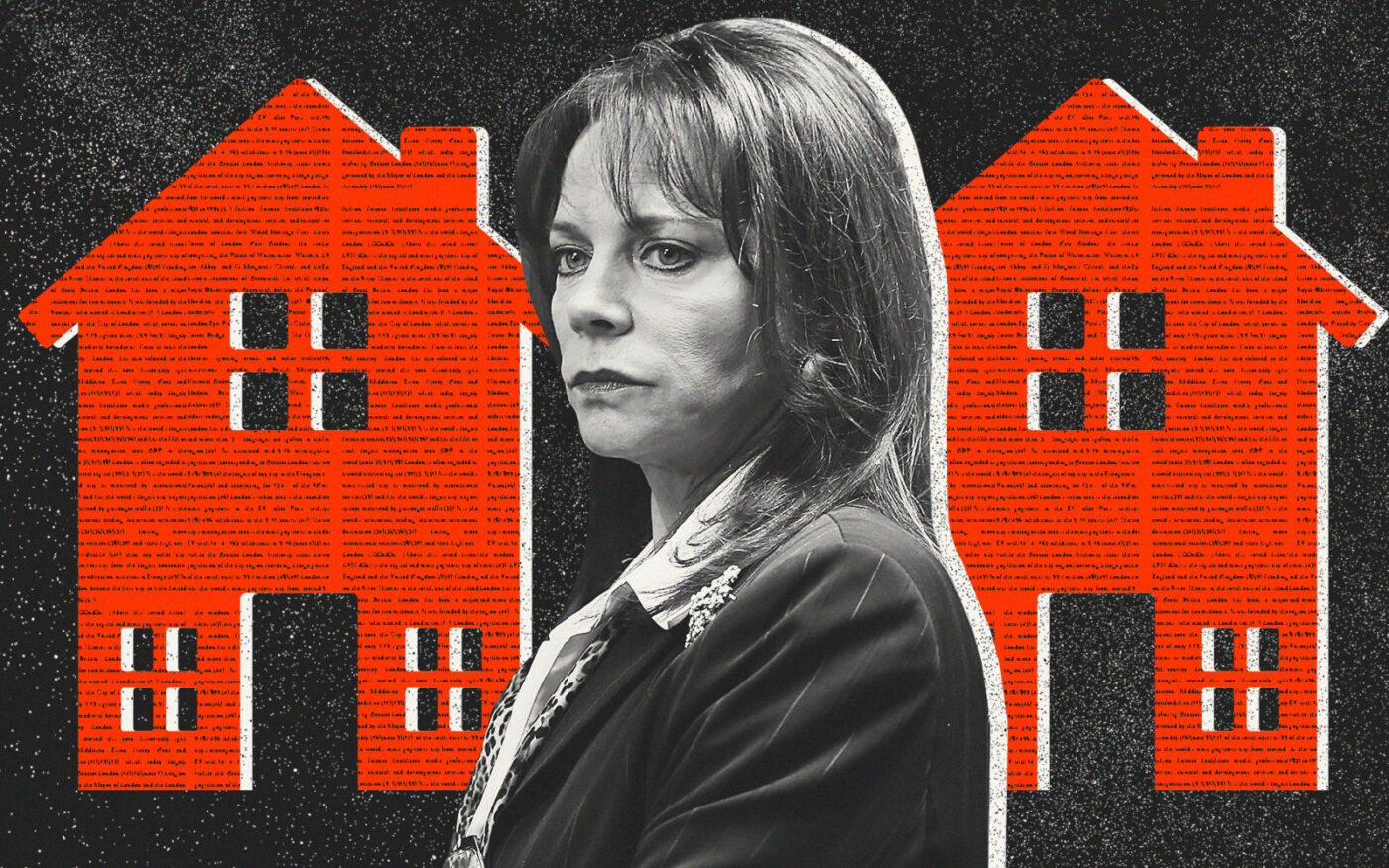“Law doesn’t have teeth”: Bill targets HOA fraud, lax oversight
Proposal spurred by massive alleged embezzlement at Hammocks community in south Miami-Dade County

In response to alleged massive fraud at the Hammocks, state lawmakers will take up a bill aimed at strengthening oversight of homeowners associations and creating criminal penalties for board members who go rogue.
The reforms would impose more stringent regulation on financial recordkeeping and provide easier access to those records, beef up oversight on HOA board elections, and criminalize board members’ acceptance of kickbacks.
“The [existing] law doesn’t have teeth,” Miami-Dade State Attorney Katherine Fernandez Rundle said on Friday afternoon during a press conference announcing the proposal.
Across Florida, where roughly half the population lives in communities and condominiums governed by associations, allegations of board members committing fraud have popped up for years. But the Hammocks, where investigators claim the graft exceeded $3 million, was the tipping point. The case also put lax state oversight on HOAs front and center.
The new law would make it a crime to meddle in elections, destroy and hide financial records, and accept kickbacks, Fernandez Rundle said. HOAs would have to publicly appoint a documents custodian, so that “there is a named individual responsible for the records.”
“While the present law allows access to records, enforcement is weak at best and requires the filing of a civil lawsuit,” Fernandez Rundle said.
Residents suspecting fraud at their HOAs can bring a complaint to the Florida Department of Business and Professional Regulation. Under the bill, these complaints will be forwarded to the Florida Department of Law Enforcement.
Florida lawmakers are expected to take up the bill this session, which starts on Tuesday.
The bill targets many of the issues that arose at the Hammocks over the years. In November, police arrested former board members Marglli Gallego, Myriam Rodgers, Yoleidis Lopez Garcia and Monica Isabel Ghilardi, as well as Gallego’s husband, Jose Antonio Gonzalez. Prosecutors have alleged a kickback scheme of sorts: Former board members signed invoices to bogus companies for supposed maintenance of the property, with much of the money really going back to Gallego and Gonzalez, according to a charging affidavit. All have pleaded not guilty.
Residents’ frustrations also boiled over last year when Hammocks board election polls closed early because of a supposed “threat,” though former board members never produced evidence of this to authorities.
Investigators had been looking into the Hammocks for years, but had been largely shut out from obtaining records. The HOA sued the state attorney’s office over some of the document requests.
Proposed reforms also would ban board members from using HOA funds for their own legal costs. Gallego, who was first arrested in 2021, has plucked $825,000 for her own defense, according to the receiver overseeing the Hammocks following the arrests.
The bill essentially imposes on HOAs many of the same regulations that exist on municipalities and their elected officials, as some of the communities that associations oversee are as big as cities.
The Hammocks, which has 6,500 single-family houses, apartments and condos, is home to roughly 18,000 residents. That’s bigger than municipalities such as Key Biscayne and Miami Springs, Fernandez Rundle said.
Residents living under a corrupt HOA board essentially become “victims of these bureaucratic dynasties that take over,” she said.
“Wherever there is a large pool of cash with virtually no oversight,” Fernandez Rundle said, “that’s where it’s going to happen.”





